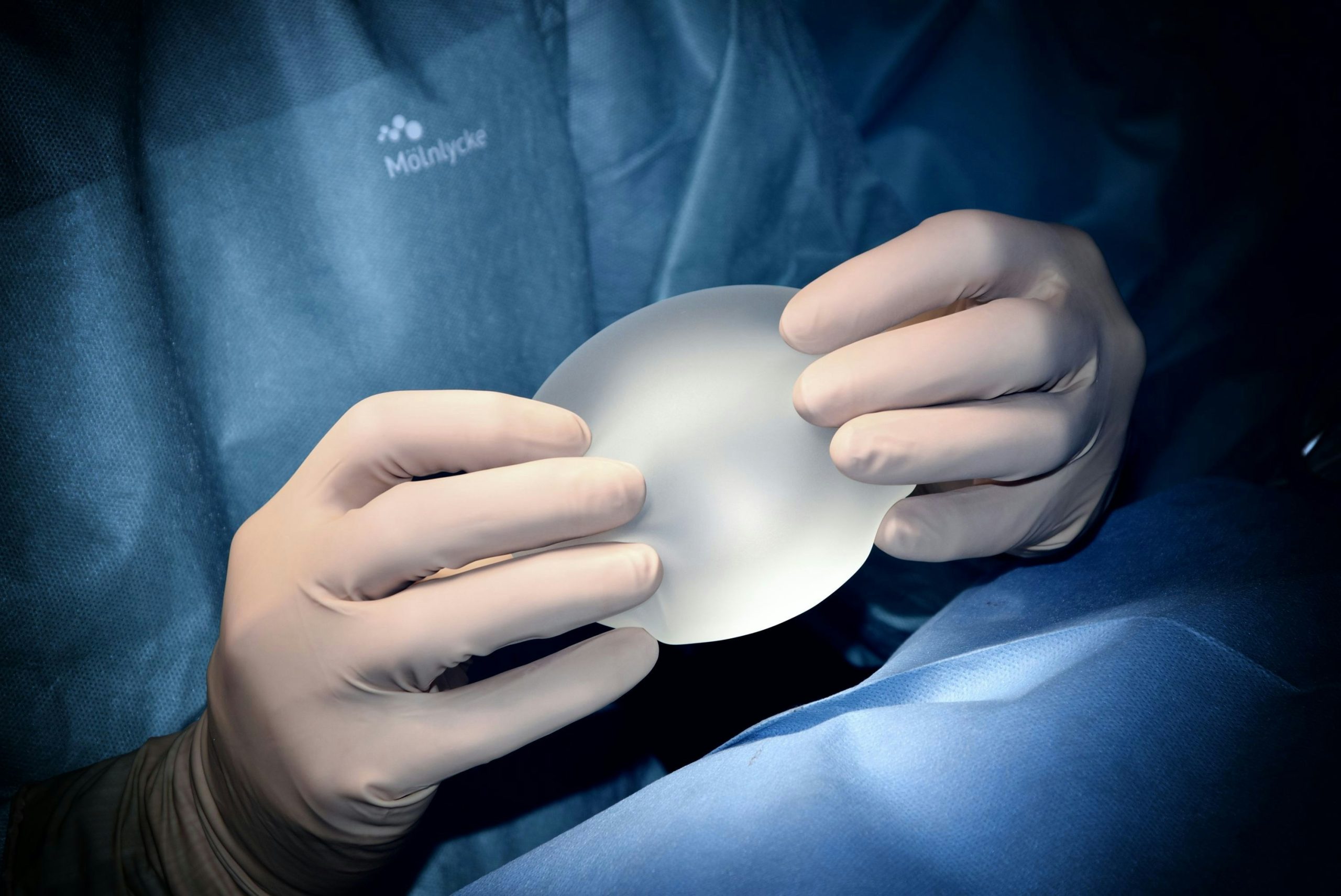How Long Does Breast Surgery Recovery Take?

Thinking about a boob job? Whether you’re looking at a breast enlargement, lift, or reduction the results can be amazing but understanding the recovery process is crucial.
Let’s explore the typical recovery times for various breast procedures, highlighting the impact of anaesthetic choices.
The Road to Recovery: Understanding Breast Surgery
Breast surgery covers a range of procedures, each with its own recovery process. Here’s a breakdown of some common procedures and their expected recovery times:
Breast Augmentation with Implants: This procedure involves inserting implants to increase breast size. Recovery typically takes 2-4 weeks. You’ll experience soreness, swelling, and bruising for the first few weeks, gradually diminishing.
Breast Lift (Mastopexy): This surgery addresses sagging breasts, restoring a perkier appearance. Recovery takes around 2-4 weeks. While discomfort is present, it’s generally less intense than augmentation.
Breast Reduction (Mammoplasty): This procedure reduces breast size to improve comfort and aesthetics. Recovery typically lasts 4-8 weeks due to the more extensive nature of the surgery.
A Day-by-Day Breakdown of Breast Surgery Recovery
First 24-48 Hours: This period immediately after surgery is crucial. You’ll be closely monitored for pain and vitals. Expect swelling, tenderness, and possible bruising. Pain medication will be administered, and you’ll be guided on proper drainage care (if applicable).
First Week: Rest is paramount. Pain will likely subside gradually, but discomfort and fatigue are common. Continue wearing the support bra as instructed. Light activity around the house is usually allowed. Avoid strenuous activity, lifting heavy objects, and driving.
Weeks 2-4: Swelling and bruising will decrease. You can gradually increase activity levels, but strenuous exercise is still off-limits. Sleep may be disrupted due to discomfort, so prioritise rest and relaxation.
Weeks 4-8: Most of the swelling and bruising should have disappeared by now. You can resume most daily activities, including work and light exercise. However, avoid high-impact activities or lifting heavy objects until fully cleared.
Weeks 8-12: Your breasts will continue to settle into their final shape and size. You may experience some residual numbness or tingling around the incision sites, which usually fades over time.
The Anaesthetic Factor: Local vs. General
The type of anaesthesia used can significantly impact breast surgery recovery time. Here’s a breakdown of the two main options:
General Anaesthetic: This puts you entirely unconscious during surgery. Recovery can be slower due to the effects of anaesthesia wearing off. You might experience nausea, grogginess, and require additional assistance for the first 24 hours.
Local Anaesthetic & Sedation: This technique uses local anaesthetic injections to numb the surgical area, coupled with sedation to induce relaxation. Recovery is faster and smoother, with less nausea and grogginess. Nausea seldomly occurs.
Benefits of Local Anaesthetic & Sedation for Faster Recovery
Dr. Hiroshi Nishikawa highlights the benefits for faster recovery:
Reduced Postoperative Nausea and Vomiting: Local anaesthesia and sedation minimises the risk of nausea, a common side effect of general anaesthesia.
Faster Discharge: Patients often feel more alert and stable after using this method, allowing for earlier mobilisation and discharge from the hospital or surgical centre.
Shorter Recovery Period: By avoiding the effects of general anaesthesia, patients can generally resume daily activities sooner.
Important Considerations for a Smooth Recovery
Regardless of the anaesthetic used, several factors influence your breast surgery recovery:
Your Overall Health: A healthy body heals faster. Preoperative consultations will assess your health and suitability for surgery.
Following Post-Operative Instructions: Following instructions regarding pain medication, rest, activity restrictions, and proper compression garment wear is crucial.
Maintaining a Healthy Lifestyle: A balanced diet and adequate sleep promote optimal healing.
Remember: Recovery timelines are estimates, and individual experiences may vary. It’s essential to listen to your body and have realistic expectations.
Considering Breast Surgery?
Dr. Nishikawa offers consultations to discuss your specific needs and desired outcomes, outlining the recommended procedure, recovery timeline, and answering any questions you may have.
With his expertise and advanced techniques, you can embark on your breast surgery journey with confidence. Get in contact today.